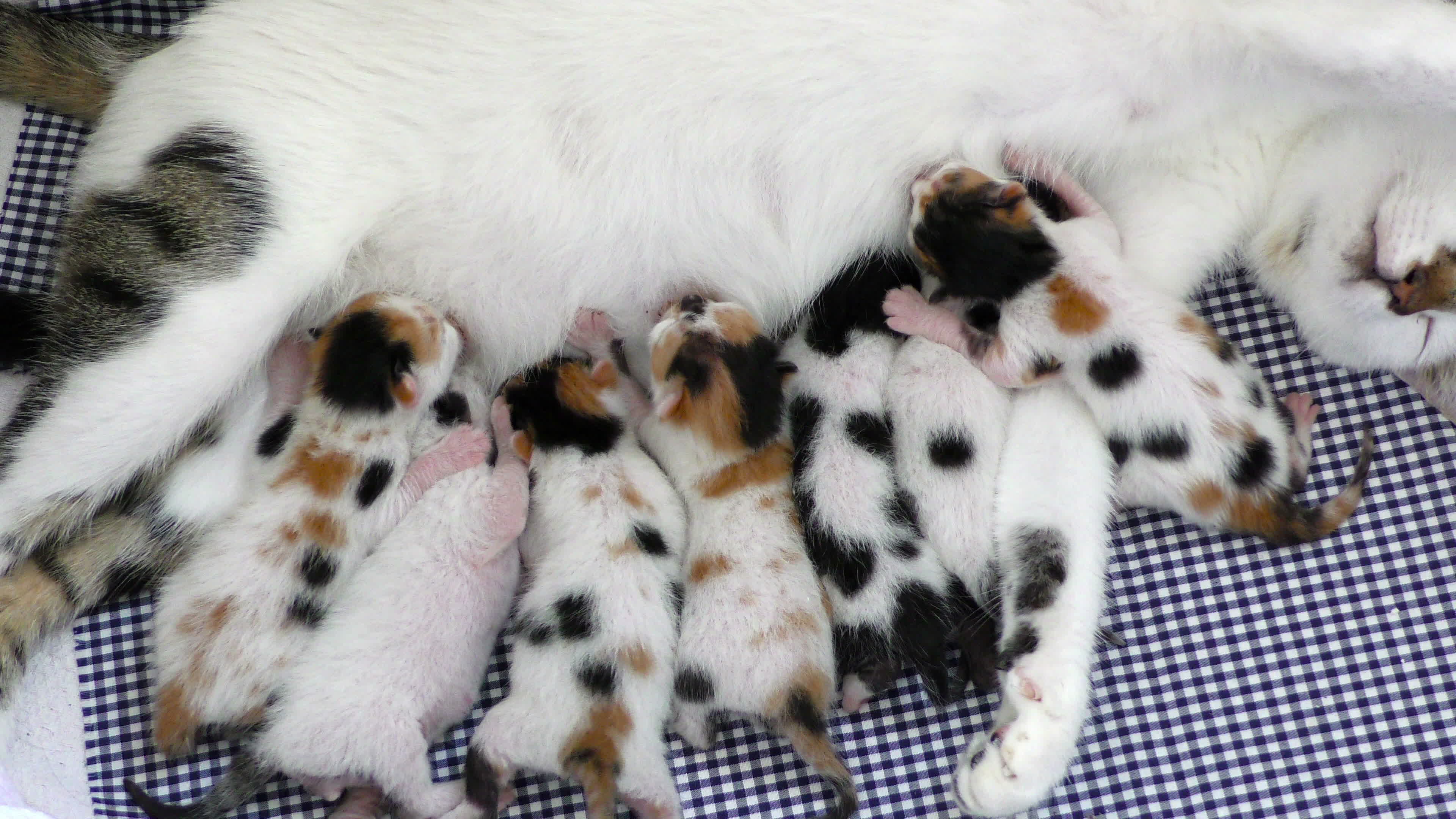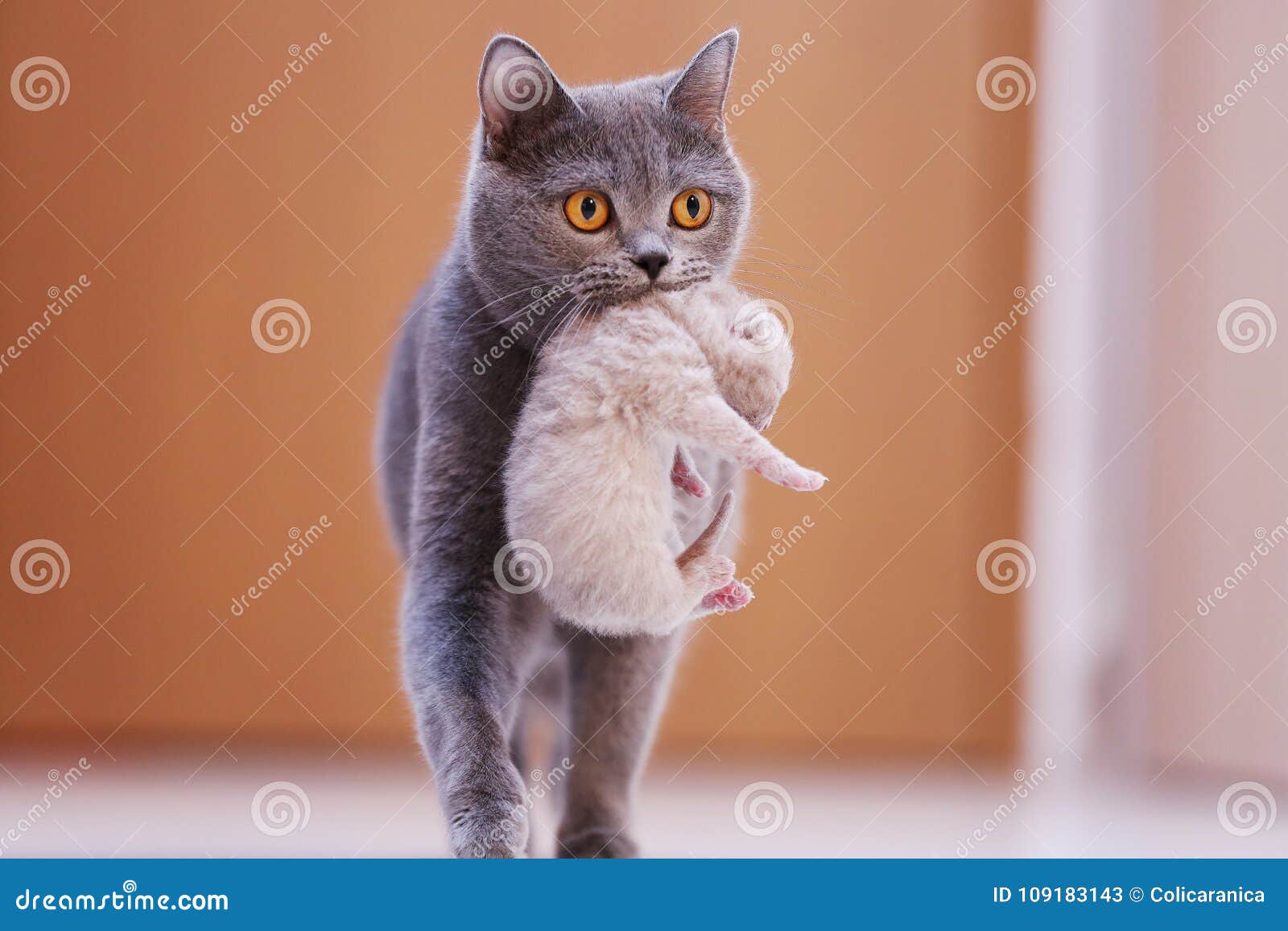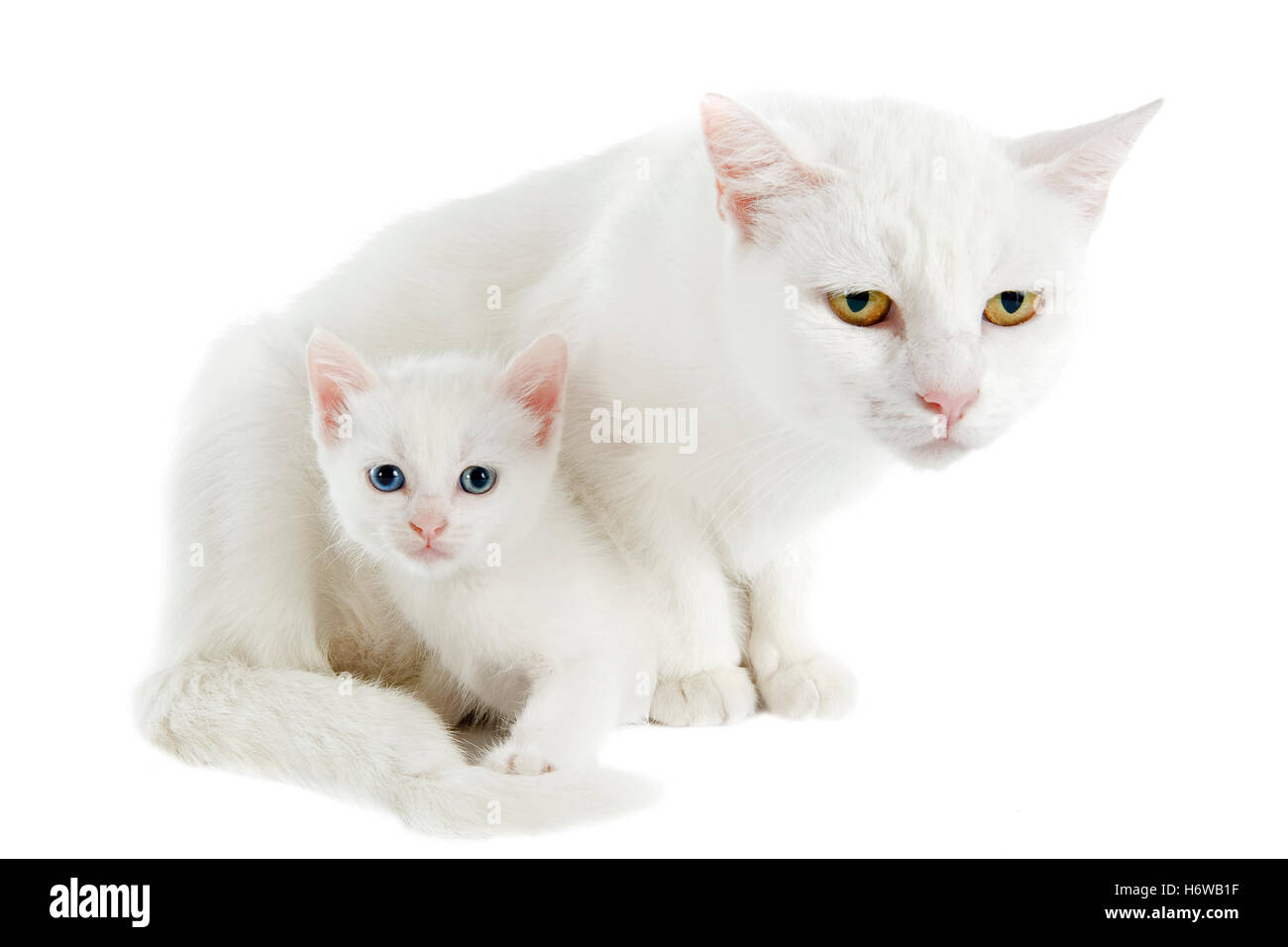When Is Cat Temp Having Her Baby? A Comprehensive Guide For Cat Owners
Cat pregnancy is a fascinating and delicate process that every cat owner should understand. Whether you're a first-time cat parent or an experienced one, knowing when your cat is expecting her kittens can help you provide the best care for both her and her babies. This article will delve into everything you need to know about cat pregnancy, from the signs of pregnancy to preparing for the arrival of the kittens.
Caring for a pregnant cat requires attention, patience, and knowledge. Understanding the timeline of cat pregnancy is crucial, as it allows you to anticipate her needs and ensure a smooth birthing process. This guide will provide you with detailed information on how to recognize pregnancy in cats, the stages of gestation, and what to expect when your cat is about to give birth.
By the end of this article, you'll have a clear understanding of when your cat is having her baby and how to prepare for this special moment. Let's dive in and explore the wonderful world of feline reproduction.
Read also:Vegamoviescoach Your Ultimate Guide To Streaming Movies Online
Table of Contents
- Signs Your Cat Is Pregnant
- Understanding the Cat Gestation Period
- The Stages of Cat Pregnancy
- Caring for a Pregnant Cat
- Nutritional Needs During Pregnancy
- Veterinary Care for Pregnant Cats
- Preparing for the Birthing Process
- Signs of Labor in Cats
- After the Birth: Caring for Kittens and Mother
- Conclusion and Final Tips
Signs Your Cat Is Pregnant
Recognizing the signs of pregnancy in cats is the first step in ensuring your cat receives proper care. Here are some common indicators that your cat may be expecting kittens:
Physical Changes
- Enlarged nipples (often called "pinking up")
- Swollen abdomen
- Increased appetite
These physical changes typically occur around three to four weeks into the pregnancy. If you notice any of these signs, it's a good idea to consult your veterinarian for confirmation.
Understanding the Cat Gestation Period
The average cat gestation period lasts approximately 63 to 67 days. However, this can vary slightly depending on the individual cat. During this time, your cat will undergo several stages of development, each with its own set of needs and challenges.
Factors Affecting Gestation
- Breed of the cat
- Health and age of the mother
- Number of kittens in the litter
For example, smaller breeds may have shorter gestation periods compared to larger breeds. It's essential to monitor your cat closely during this time to ensure everything is progressing normally.
The Stages of Cat Pregnancy
Cat pregnancy can be divided into three main stages: early pregnancy, mid-pregnancy, and late pregnancy. Each stage has unique characteristics that can help you track your cat's progress.
Early Pregnancy
During the first three weeks, the embryos begin to develop, and the cat may show minimal signs of pregnancy. However, you might notice a slight increase in appetite or behavioral changes.
Read also:Exploring Mallu49com A Comprehensive Guide To One Of The Fastestgrowing Entertainment Platforms
Mid-Pregnancy
Between weeks four and six, the cat's abdomen starts to swell, and her nipples become more prominent. This is also the time when ultrasounds can confirm the pregnancy.
Late Pregnancy
In the final weeks, the kittens start to grow rapidly, and the mother cat may begin nesting behavior. She may also become more restless as the due date approaches.
Caring for a Pregnant Cat
Providing proper care for a pregnant cat involves creating a comfortable environment and meeting her increased nutritional needs. Here are some tips to help you care for your cat during this critical period:
Creating a Safe Environment
- Designate a quiet, comfortable space for the mother to rest
- Ensure the area is free from potential hazards
- Provide a soft bed for nesting
A safe and stress-free environment is vital for the health of both the mother and her kittens. Make sure the area is easily accessible and away from other pets or loud noises.
Nutritional Needs During Pregnancy
A pregnant cat's nutritional requirements increase significantly to support the growing kittens. Here are some dietary recommendations:
Key Nutrients
- High-quality protein
- Essential fatty acids
- Vitamins and minerals
Consult your veterinarian for specific dietary guidelines based on your cat's needs. Feeding a high-quality kitten food during pregnancy can help meet these increased demands.
Veterinary Care for Pregnant Cats
Regular veterinary check-ups are essential for monitoring your cat's health throughout her pregnancy. Your vet can provide valuable advice on nutrition, vaccinations, and any potential complications.
Diagnostic Tests
- Ultrasound to confirm pregnancy
- X-rays to determine the number of kittens
- Health screenings for any underlying issues
These tests can help ensure a healthy pregnancy and prepare you for the upcoming arrival of the kittens.
Preparing for the Birthing Process
As the due date approaches, it's important to prepare for the birthing process. Here's how you can get ready:
Creating a Birthing Area
- Choose a quiet, private space for the mother
- Provide a clean, comfortable birthing box
- Stock up on supplies such as clean towels and heating pads
Having everything ready in advance can help reduce stress for both you and your cat during this critical time.
Signs of Labor in Cats
Recognizing the signs of labor is crucial for ensuring a smooth birthing process. Here are some common indicators:
Behavioral Changes
- Nesting behavior
- Restlessness and pacing
- Increased vocalization
These signs may appear 24 to 48 hours before labor begins. If you notice any of these behaviors, make sure the birthing area is ready and stay close by to offer support.
After the Birth: Caring for Kittens and Mother
Once the kittens are born, it's important to provide ongoing care for both the mother and her babies. Here are some post-birth care tips:
Caring for the Kittens
- Ensure they are nursing properly
- Monitor their weight gain
- Provide a warm and safe environment
Caring for the Mother
- Offer nutritious food and plenty of water
- Monitor her health for any signs of complications
- Provide a calm and supportive environment
Regular check-ups with your veterinarian are also essential during this time to ensure the health of both the mother and her kittens.
Conclusion and Final Tips
Understanding when your cat is having her baby and how to care for her during pregnancy is crucial for ensuring a healthy and happy experience for both the mother and her kittens. By recognizing the signs of pregnancy, providing proper nutrition and care, and preparing for the birthing process, you can help your cat through this special time.
We encourage you to share this article with other cat owners and leave your comments or questions below. For more information on cat care, explore our other articles on our website. Together, we can create a better world for our feline friends.
References:
- ASPCA - https://www.aspca.org
- International Cat Care - https://icatcare.org
- Journal of Feline Medicine and Surgery - https://jfm.sagepub.com
Article Recommendations


